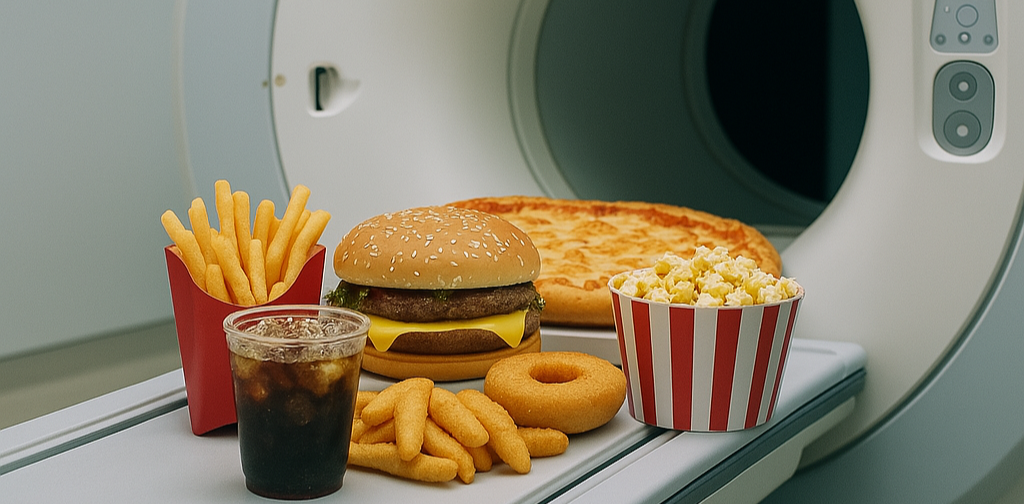As the U.S. government weighs a regulatory crackdown on ultra-processed food, a new study indicates the feds may be on to something. Researchers used MRI to discover that people who consumed more ultra-processed food had higher levels of carotid arterial plaque – a risk factor for cardiovascular disease.
The FDA and the USDA on July 23 announced the start of a new initiative to investigate the risks of ultra-processed foods and their relationship to chronic diseases such as obesity, heart disease, and cancer.
- The project is widely seen as a priority of HHS Secretary Robert F. Kennedy, Jr. and his Make America Healthy Again movement.
Meanwhile, arterial plaque buildup is a sign of atherosclerosis and has been linked to multiple clinical conditions, from stroke to intraplaque hemorrhage.
- Carotid plaque measurements have even been found to predict mortality, and software vendors like Heartflow and Elucid have developed solutions for detecting and measuring plaque.
In the new paper in American Journal of Preventive Cardiology, researchers noted the established association between adverse cardiovascular events and consumption of ultra-processed food and beverages, but the association with subclinical disease hasn’t been explored.
- So researchers reviewed carotid MRI scans of 768 participants from the Atherosclerosis Risk in Communities study, in which subjects also described their dietary intake with a 148-item questionnaire.
MRI scans were correlated with dietary habits, finding that compared to the lowest quartile, people in the highest quartile of ultra-processed food consumption had…
- Greater total arterial wall volume.
- Greater total lipid core volume and maximum lipid core area.
- Higher maximum segmental wall thickness.
No correlation was found between arterial plaque and other types of diet measures, such as carbohydrate and fat intake or glycemic load index.
- The findings suggest that much of the negative health effect from ultra-processed foods comes from their contribution to arterial plaque buildup, which could occur through their unfavorable nutrient profile leading to alterations in blood lipids.
The Takeaway
In today’s hyperpolarized political environment – in which scientific inquiry is often subordinated to already-solidified beliefs – the new findings connecting MRI measurements of carotid artery plaque to ultra-processed foods offer a foundation for public policy changes that could indeed improve the health of Americans.





